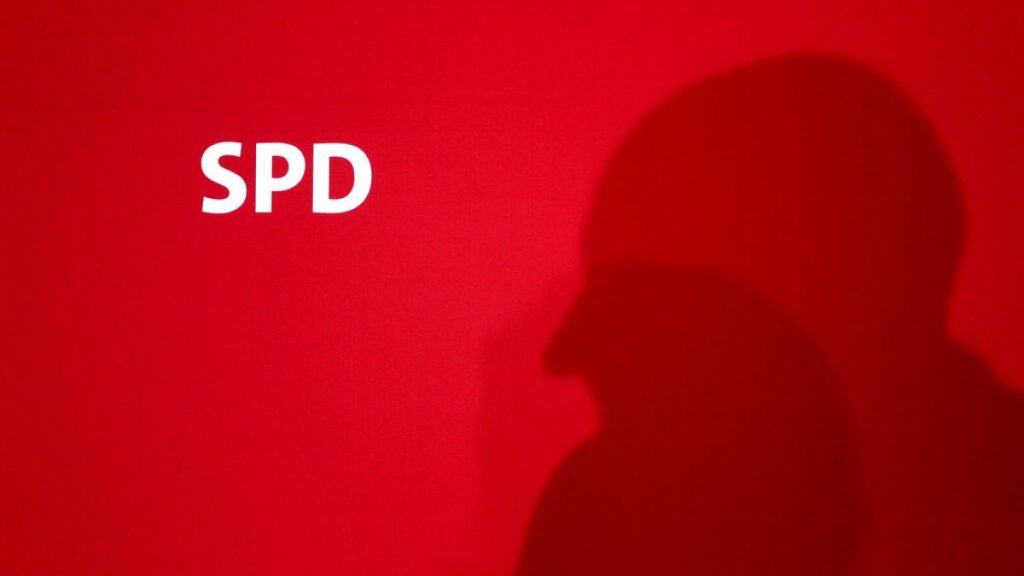Matthias Ecke, a candidate for Chancellor Olaf Scholz’s centre-left Social Democratic Party, was seriously injured while campaigning in eastern Germany ahead of the European Parliament election. Ecke was attacked by a group of four men while putting up political posters in Dresden and required surgery for his injuries. The attack, which was believed to be politically motivated, was condemned by Interior Minister Nancy Faeser as a serious threat to democracy. This incident is part of a series of rising political tensions in Germany, with government and opposition parties reporting increased physical and verbal attacks on their members and supporters.
The attack on Ecke is seen as part of a growing trend of anti-democratic violence in Germany, particularly aimed at politicians and election events. Mainstream political parties have accused the far-right Alternative for Germany (AfD) party of fostering this harsh political climate, with allegations of links to violent neo-Nazi groups. Ecke’s home state branch of the Social Democrats in Saxony vowed to continue their campaign despite the intimidation faced, stating that the responsibility for such actions lies with the extremists and their supporters. The German domestic intelligence service has placed some chapters of the AfD under surveillance, highlighting concerns over the party’s activities and influence.
The incident involving Ecke is emblematic of the challenges facing Germany as it heads into the European Parliament election, with tensions running high and concerns over the rise of extremist ideologies. The attack has prompted calls for tougher action and increased protection for democratic forces in the face of escalating violence. Other parties, such as the Greens and Christian Democrats, have also reported instances of intimidation and aggression against their members, reflecting a broader pattern of political unrest in the country. Government officials have urged police to step up security measures to safeguard politicians and election events from potential threats.
The assault on Ecke highlights the importance of safeguarding democracy and ensuring the safety of political candidates and parties in the face of escalating violence. The incident serves as a wake-up call for authorities to address the growing trend of anti-democratic behavior and protect the democratic process from external threats. As Germany prepares for the upcoming elections, there is a pressing need for unity and solidarity among political parties to confront the challenges posed by extremist groups and ensure a free and fair electoral process. The attack on Ecke underscores the fragility of democracy and the need for collective action to defend against those seeking to undermine its fundamental values.
The attack on Matthias Ecke serves as a stark reminder of the dangers faced by political candidates and parties in today’s increasingly polarized and volatile political landscape. The incident underscores the urgent need for greater protection and support for democratic forces in Germany to counter the rising tide of anti-democratic violence. As the country grapples with the implications of this attack, there is a renewed emphasis on the importance of upholding democratic principles and safeguarding the integrity of the electoral process. The assault on Ecke is a somber reflection of the challenges facing Germany as it navigates a complex and tumultuous political climate, with far-reaching implications for the future of democracy in the country.


